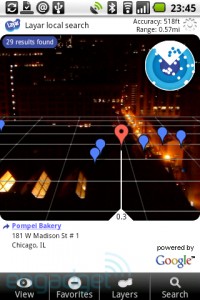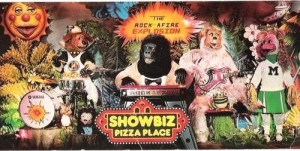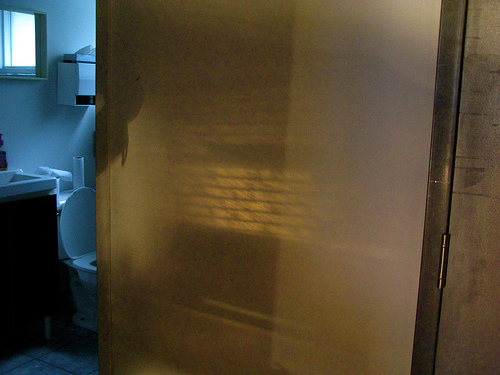Steve Ramsay has put an interesting video essay about live coding up at Algorithms are Thoughts, Chainsaws are Tools on Vimeo. He provides commentary to the live coding of Andrew Sorensen which in turn is controlling electronic music. Very neat!
Note (April 2020): The video is no longer available. There is an Electronic Book Review essay Critical Code Studies Week Five Opener – Algorithms are thoughts, Chainsaws are tools that talks about the original video essay, but it too links to the missing Vimeo video.






